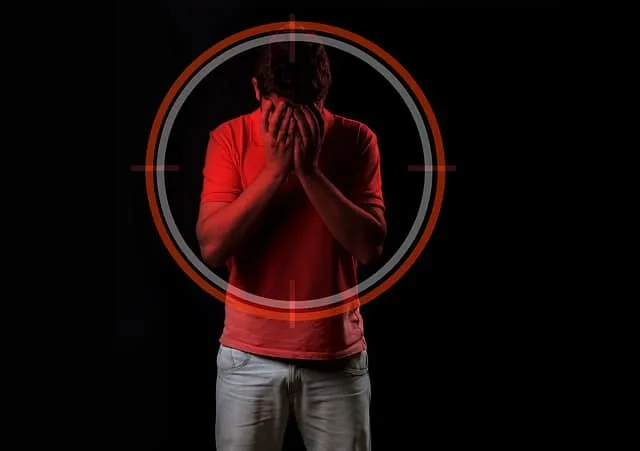
How to Tell If Your Child Is Using Drugs: We put together a list of five signs to watch out for to know if your child is using drugs.
The good news is that drug use rates among teens have remained steady over the years, with some small declines. The bad news is that 18% of 10th graders and over 20% of 12th graders reported using marijuana in the past 30 days. Outside of alcohol, marijuana is the most commonly used drug by teens.
If you suspect drug use by your teen, these tips on how to tell if your child is using drugs will help you determine if there is evidence to suggest they are abusing drugs.
A much lower percentage of teens are using other illicit drugs, but any drug use by teens needs to be curtailed. Drug use has significant negative impacts on teens, their school performance, and can put them at risk of overdose.
Read on to learn more.
-
Drug Paraphernalia
The presence of drug paraphernalia in your child’s possessions could be an obvious indicator that they are using drugs. The paraphernalia varies depending on the drug they are using, but if you find any of the following, there is a possibility they are abusing drugs:
- glass or metal pipes
- lighters
- tin foil
- bongs
- rolling papers
- razor blades
- rolled up dollar bills
- small mirrors
- straws
- rubber tourniquet
- needles and syringes
- spoons with burn marks
If you find any of these items, particularly those associated with harder drugs that are snorted or injected, you will want to confront your teen about their potential drug usage.
There are many resources that you can reference if you need to conduct an intervention or aren’t sure about how to confront them without your child becoming defensive and combative.
-
Physiological Changes
Drug use often brings many physiological changes that might tip you off before you even find any drug paraphernalia. Again, physiological changes will vary based on the drug or drugs they are using, but some common ones include:
- changes in appetite
- changes in sleeping patterns
- dry, red eyes and pupils larger or smaller than normal
- sniffing often
- runny nose
- sudden weight gain or loss
- slurred speech and poor coordination
Noticing these changes may give you some inkling that they are using and you can look through their possessions for any drug paraphernalia to confirm your suspicions.
-
Psychological Symptoms
Along with physiological changes, drug use often comes with psychological changes as well. Teens who are using often appear to be spaced out, have unexplained paranoia or agitation, have a sudden lack of motivation, or have unexplained changes in their attitude.
Psychological changes are a bit trickier to notice or attribute to drug use, as many teens are going through similar things due to hormonal changes and simple adolescent development.
If you suspect that your child is using drugs and also has mental health issues, click here to learn more about the treatment of co-occurring disorders of mental illness and addiction.
How To Tell If Your Child is Using Drugs: Be Aware and Be Vigilant
It’s possible to be in tune with what is going on in your child’s life without being intrusive or overly protective. Now that you know how to tell if your child is using drugs, you can take steps to really pay attention to any physiological or psychological changes they may undergo.
If you found this article useful, be sure to check out some of our other posts for more valuable information.
- Sagittarius Man & Gemini Woman Love and Sex Compatibility - January 31, 2024
- Taurus Ascendant Rising Personality Traits in Men (Guide) - January 31, 2024
- How to Seduce and Attract a Sagittarius Man (Seduction Tips) - January 31, 2024
